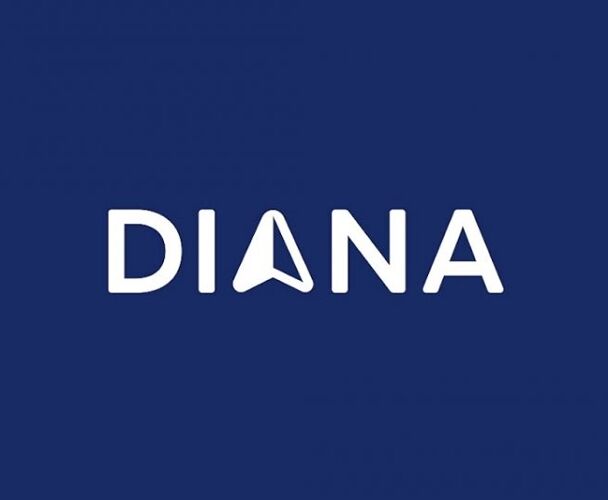It has been a week since our last newsletter which was published on March 13, 2020 (can be found here: https://www.cobalt.legal/en/news-cases/estonia-the-coronavirus-in-employment-relations). During this week the Estonian Government decided to implement first steps to help the employers in order to avoid lay-offs and introduced also few other reliefs to support the companies. Below you can find summaries of these measures.
You may also wish to visit COBALT’s website where you can find most frequently asked questions of employers and our answers regarding employment law issues in Estonia, Latvia, Lithuania and Belarus: https://www.cobalt.legal/en/news-cases/coronavirus-in-latvia-faqs-for-employers.
This update was prepared by COBALT partner Karina Paatsi, senior associate Heili Haabu and senior associate Karli Kütt. Needless to say, please do not hesitate to contact us in case you have any questions or you need any assistance.
***
Relief measures for employers
Compensation of salary
The Estonian Government approved the relief measures for the employees subject to salary cut. The relief measure will be made available to the companies that meet two out of the following three criteria:
1) the sales, or in the absence thereof, the income of the employer has decreased at least by 30% in the calendar month for which the compensation is applied for, while compared to the sales or income of the same calendar month of the previous year;
2) the employer cannot provide at least 30% of the employees with work to the agreed extent and the employer applies Art. 35 (payment of average wages upon inability to provide work) or Art. 37 (unilateral reduction of wages upon inability to provide work) of the Employment Contracts Act (ECA);
3) the employer has reduced the wages of at least 30% of the employees at least by 30% or to the minimum wages established by the Government of the Republic on the basis of Art. 37 of the ECA.
The compensation for wages will be paid directly to an employee whose employer cannot provide the employee with work to the agreed extent and whose employer applies Art. 35 or Art. 37 of the ECA.
The Unemployment Insurance Fund (Fund) will pay compensation to an employee in the amount of 70% of the average wages of the employee, but in the gross amount of no more than EUR 1,000 per one calendar month. The compensation will be deemed as the wages paid by an employer which the Fund pays to the employee in the name of the employer and for the account of the Fund. An employer must pay gross wages at least in the amount of EUR 150 to an employee who receives the compensation for wages.
The compensation payable by the Fund shall ensure at least the minimum wages established by the Government of the Republic in accordance with the working hours agreed under the employment contract of the employee together with the wages paid by the employer (EUR 150).
An employee is entitled to receive the compensation for wages for up to two calendar months when the employer met the conditions specified above. Thus, the measure can be applied for two months between March 1, 2020 and May 31, 2020. To apply for the compensation, an employer must file an application with the Fund for every calendar month normally within five calendar days after payment of the wages to the employees. At the request of the Fund, in addition to the data requested in the application, an employer must submit additional data required for determining the compensation, and the documents evidencing the data.
An employer must return the full amount of the compensation if the employment relationship is terminated during the calendar month for which the compensation for wages is applied for, or during the following calendar month due to lay-offs.
Additional sick pay
According to the information published by the government, the state will, in March and April 2020, ensure sick pay to the employees for the first three days of sickness which are normally unpaid. This will have no influence of the employer’s duty to pay sick pay to the employees from the 4th until 8th day of sickness.
Temporary measures relating to foreign employees
Foreigners who had statutory grounds to reside in Estonia on March 12, 2020 and are facing obstacles in leaving the country are deemed to have a statutory ground to remain in Estonia also after the expiry of their visa or residence permit. They are not required to file for a prolongation of their visa or residence permit. Processing of new visa, residence permit and short-term employment applications has been suspended for the time being.
Measures related to taxes
Relief for the payment of tax interest
The Ministry of Finance of Estonia announced that the tax interest is not applied on tax arrears within the period of 1 March 2020 and 30 April 2020. The relief is applied automatically to all the tax arrears during the period of two months regardless of whether the debt has arisen within this period or earlier. It is still important to submit the tax returns on time and settle the tax obligation, but the accrual of tax interest is stopped during these two months if it becomes impossible to make a full tax payment in time. As a long-run relief the Ministry of Finance proposes to decrease the tax interest from 0.06% per day to 0.03% per day.
Payment of taxes in instalments
In case of solvency problems, taxpayers can apply for the tax payments in instalments. It has been announced by the Ministry of Finance that the tax authority is instructed to grant the payments schedules for a period of 18 months if the tax arrears have arisen due to the liquidity problems caused by the spread of coronavirus disease and the loss of income within this period. With respect to insignificant tax amounts (up to 20,000 euros) a payment schedule could be generated automatically on line at e-Tax / e-Customs Board.
Suspension of payments of pension contributions
It is also discussed to suspend the payments of pension contributions for the period of emergency situation, but no binding decisions have been made yet. Such an arrangement would, however, not affect employer’s tax liability, since pension contributions are withheld from the gross amount paid to the employee. The net payment to employees would only increase by the former pension contribution (2%) that will not be withheld by the employer once this arrangement takes effect. Currently, there are no changes with respect to salary taxation and all regular tax and social security payments are still due.





